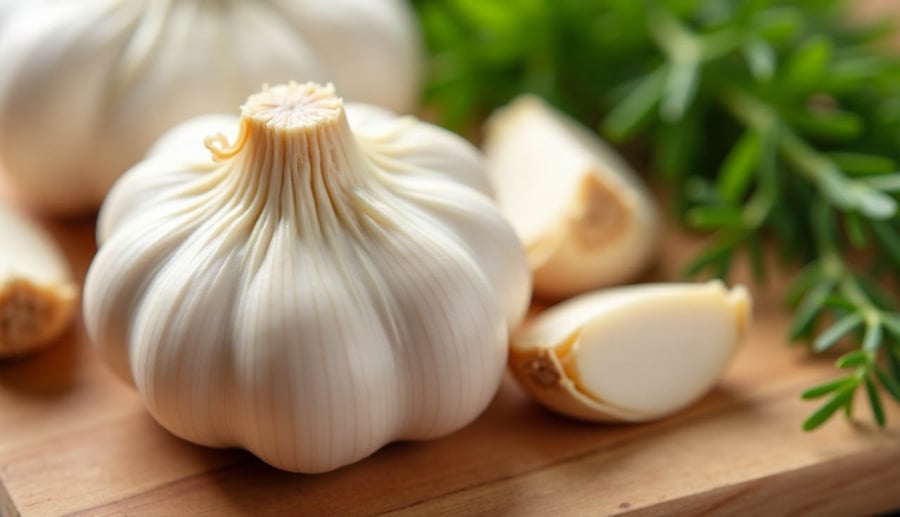The kidneys’ blood filtration function is crucial for maintaining overall health, as it helps remove toxins, regulate blood pressure, and maintain electrolyte balance. However, modern lifestyles, including diets high in salt, protein, and preservatives, as well as sedentary habits, are silently damaging kidney health. So, what should we eat to support kidney health and improve blood filtration?
1. Antioxidant-Rich Foods: Enhance Renal Tissue Protection
Berries, including blueberries, raspberries, strawberries, and cherries, are a great source of anthocyanins, a type of flavonoid with potent free radical-scavenging, anti-inflammatory, and renal microstructure protective properties. A study published in Clinical Nutrition (2019) revealed that regular berry consumption was associated with improved estimated glomerular filtration rate (eGFR) stability.
Additionally, red grapes contain resveratrol, which is not only beneficial for cardiovascular health but also naturally supports kidney blood filtration, as reported by the National Institutes of Health (NIH).
2. Anti-inflammatory Green Vegetables: Reduce Stress on Kidneys
Green vegetables like kale, broccoli, and spinach (for those monitoring their potassium intake) are excellent for kidney detoxification. They are rich in vitamins C and K, folate, and plant compounds, which reduce inflammation and enhance blood circulation in the capillaries.
Sulforaphane, found in broccoli, has been shown to activate detoxifying enzymes and support the liver and kidneys in effectively eliminating waste products, as reported in the Journal of Nutrition (2021).
Celery and parsley also protect kidney health due to their natural diuretic properties, increasing the excretion of urea and uric acid, which can be harmful if they accumulate due to reduced kidney function.
3. Garlic and Onions: Reduce Inflammation and Improve Renal Circulation
Garlic contains allicin, a compound with antibacterial and anti-inflammatory properties that improve blood flow to the kidneys, reducing stress on the filtration system. Research published in the Iranian Journal of Kidney Diseases (2020) indicated that garlic extract supplementation lowered creatinine levels, a marker of declining kidney function.
Onions, particularly red onions, are rich in quercetin, a flavonoid that reduces renal inflammation and slows down the fibrosis process. Both garlic and onions enhance the flavor of dishes without the need for added salt, which is beneficial for individuals monitoring their sodium intake to support kidney health.

In addition to garlic, what else can be eaten to improve kidney blood filtration?
4. Plant-Based Proteins: Reduce the Burden on Kidneys
Unlike animal-based proteins, plant-based proteins from sources such as lentils, fermented soybeans (natto, miso), chia seeds, and flaxseeds can help lower blood urea levels, improve microcirculation, and slow the progression of chronic kidney disease. According to the American Journal of Kidney Diseases, partially replacing animal protein with plant protein in the diet of individuals with kidney disease helps control blood pressure and lipid levels, which are crucial factors in kidney health.
5. Adequate Hydration: Lower the Risk of Kidney Stones
Drinking enough water is essential for kidney health and optimal blood filtration. Dehydration leads to concentrated urine, increasing the risk of kidney stone formation and tubular damage.
In addition to plain water, water-rich fruits and vegetables like watermelons, cucumbers, tomatoes, lettuce, and winter melons are excellent sources of hydration that support kidney health and effective toxin elimination. However, excessive water consumption in a short period or when not thirsty, especially for individuals with heart or kidney conditions, may increase the risk of kidney stones and electrolyte imbalances.































